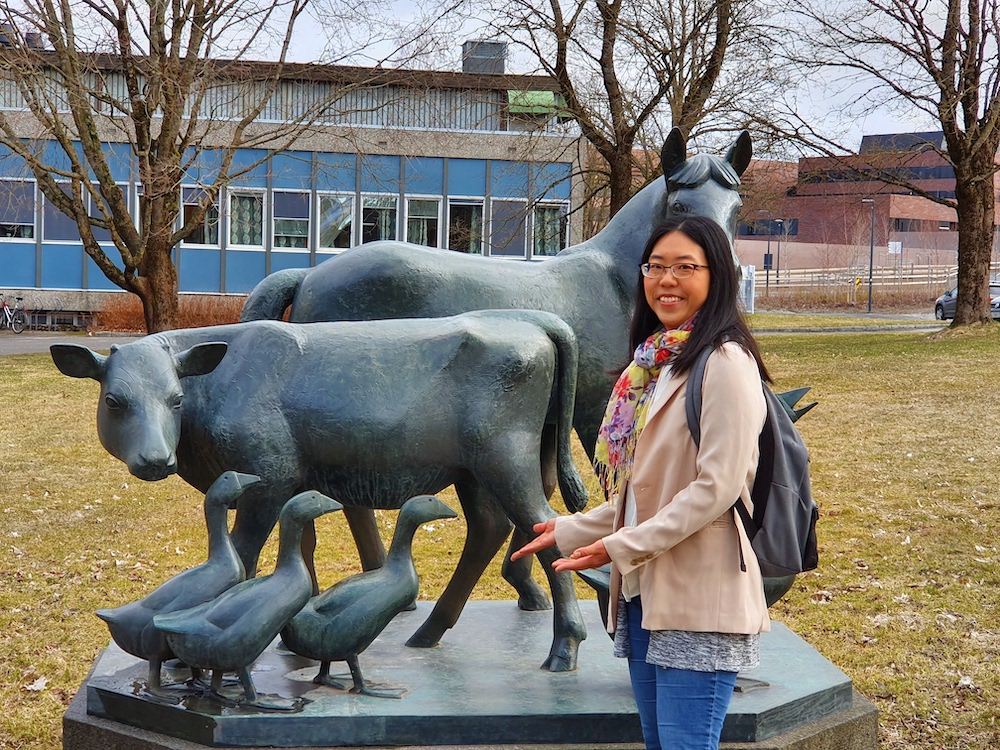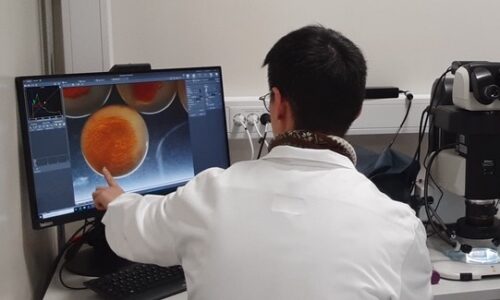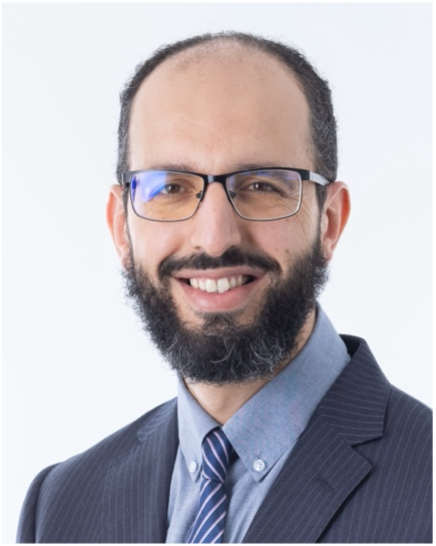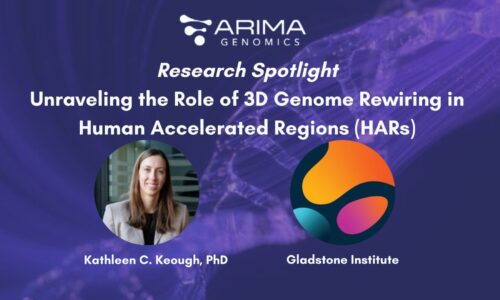December 1, 2022
Share
Arima Genomics’ tools can help researchers complete high-quality, phased, chromosome-scale genome assemblies, helping to resolve the key biological questions. Large-scale human genomics and conservation biology-focused consortia including the European Reference Genome Atlas, Vertebrate Genomes Project, and Darwin Tree of Life have trusted Arima Genomics’ technology to complete hundreds of genome assembly projects.


We received many outstanding submissions for our 2022 genome assembly grant program, including projects aimed at sequencing bees, shrimp, violets and many more species. We are thrilled to announce our grant winners, who will each receive a free Arima HiC+ kit that will enable them to generate chromosome-scale assemblies of the genomes of their species of interest.

Dr. Marie Saitou, at the Norwegian University of Life Sciences.
Grant Winner: Marie Saitou, PhD
Institution: Norwegian University of Life Sciences
Species: Atlantic Salmon
Project Overview:
Atlantic salmon is one of the most important aquaculture species, and, due to its evolution, it is a species characterized by dynamic structural variants and polymorphic karyotypes. Earlier efforts to investigate causal variants tied to critical aquaculture-related traits, such as growth and disease resistance, were based on studies done using SNP genotyping arrays. The absence of high-quality genome assemblies has made it difficult to understand causal variants, and nearly impossible to study the complex and unique genomic evolution of the Atlantic salmon, which may also help us understand dynamic karyotype polymorphisms and structural variants.
This project will build genome assemblies of multiple Atlantic salmon individuals with strong genetic signals with traits from aquaculture populations using a combination of Arima technology and Nanopore sequencing. Arima Hi-C technology is critical to resolving the dynamism of chromosomal evolution. The research will benefit sustainable marine resource management and help advance understanding of mechanisms of genome evolution.

A growing Atlantic salmon embryo and Dr. Jun Soung Kwak, a postdoctoral researcher in Dr. Saitou’s team.
“We hope to simultaneously advance knowledge of the genomic evolution of the Atlantic Salmon and to improve aquaculture efforts for this critically important source of protein to feed a global population.”
-Marie Saitou, PhD

Younes Mokrab, PhD, Sidra Medicine, Qatar.
Grant Winner: Younes Mokrab, PhD
Institution: Sidra Medicine, Qatar
Species: Human
Project Overview:
Despite many advances in understanding the genetic causes of neurodevelopmental disorders, diagnostic yield using current whole genome sequencing approaches is between 30 and 40 percent. The team at Sidra Medicine is applying PacBio and Illumina technology to obtain de novo assembled genomes for cases that remain undiagnosed after standard testing, in order to obtain more complete picture of disease-causing genomic alterations.
In this project, the team plans to use Arima Hi-C in parallel with de novo assembly work to build 3D genome maps for patients with epilepsy and intellectual disability. They hope this will help understand the impact of genetic variation on the 3D organization of the genome and its role in the proximal and distal regulation of gene expression and function in disease. From this work, scientists at Sidra Medicine hope to advance knowledge of the underlying etiology of neurodevelopmental disorders.
“In hospitals around the Middle East and other parts of the world, we see many patients with neurodevelopment disorders. We hope that leveraging Arima Genomics’ Hi-C technology, we will gain new insights into the molecular underpinnings of these diseases, ultimately enabling us to improve the way these highly deliberating diseases are managed and ultimately treated.”
– Younes Mokrab, PhD
Learn more about how Arima kits and services can power your genome assembly project.



